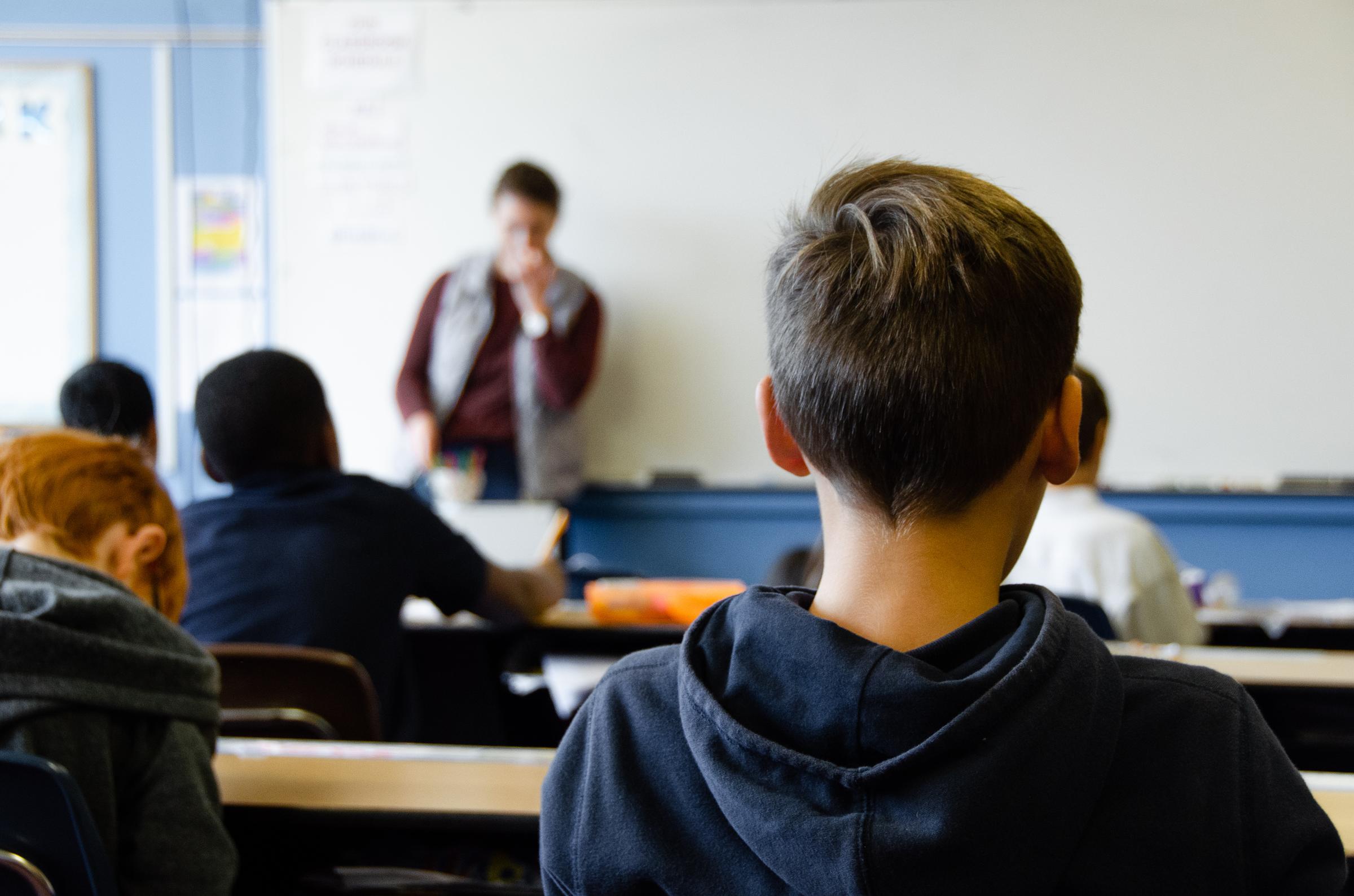Learning Focus

I never thought it would be me, and I apologise in advance for my "old man yells at cloud" take in this week’s newsletter article, but back in my day, things were simpler. Easier. Less complicated. Right?
I grew up watching The Simpsons reruns at 6pm on Channel 10.
I played video games until my hand cramped and my thumbs hurt.
I had a top-8 friends list on MySpace and a ridiculous email address that I used to log in and chat on MSN Messenger.
But all this technology didn’t seem to have too big an impact on my life apart from the large part of my long-term memory still devoted to random Simpsons quotes.
How is screen time in 2024 any different from how it was back in my day? (Hint: it’s very different). Can I solve all of our tech and screen problems by just writing a newsletter article that a few parents from a mid-sized primary school in the western suburbs of Melbourne will read? (Hint: No. I can’t)
Let’s first talk about the obvious. Screens are everywhere. We use them constantly. For work or play, we’re on our devices. But all these screens and the issues that come with them are not going away. While we adults may be okay to manage ourselves with all this tech, apparently just doom scrolling for the fun of it, our kids aren’t.
Back in my day (if you can call 2004 my day), the average attention span for a child was two and a half minutes. Now, that number is just 47 seconds - a dramatic 66% drop in just twenty years. This dramatic shrinking of attention spans has significant implications for how students learn and retain information in the classroom. Research has suggested that this significant drop is in part because of the overexposure to the short, attention-grabbing videos that children are watching from a young age (e.g Cocomelon and TikTok). We’re all learning about what this means for the way we teach, incorporating brain breaks, bite-size learning, and retrieval practice to help students stay engaged and retain information better.
Back in my day, gaming was all about those super impressive 64-bit graphics. Even though we were often literally tethered to the television, you played for a bit, then turned it off (or the six AA batteries died). In 2024, gaming has evolved into a vast online universe, where endless multiplayer games and immersive experiences can make it hard to step away. This has led to a rise in gaming addiction, with children finding it increasingly difficult to balance gaming with other important activities. The lines between playtime and real life have blurred, making it hard for parents to monitor and manage their children’s gaming habits.
Back in my day, the word ‘sextortion’ would have probably been just elicited thoughts of some 1994 Nicolas Cage movie. But in 2024, the reality of the societal pressures for young people to keep up online means things like grooming, cyberbullying, and pornography are all issues that our children will encounter as they get older. Yes, conversations about pornography happen in primary school. Many of our Year 5/6 students already have a presence on social media too - Instagram, TikTok, Snapchat - platforms that parents may not know too much about. The challenge for us is preparing for the inevitable moment when something goes wrong, and making our students comfortable enough to come to us for help, not fearing that they’ll get in trouble if they see, say, or send something ‘inappropriate’.
The beauty is, all of this cyberspace stuff is a concern for families and schools across the country, and there is an enormous amount of support out there. I can provide lists, advice, and links to resources that can help parents navigate these challenges - I’ll be adding these to upcoming newsletters (without my usual rambling). It’s important for all our parents to stay informed and proactive, and be open with your children about their online experiences.
Homer Simpson said it best when he said, “Trying is the first step towards failure.” We have to try, and we will fail. But it's through these efforts and failures that we learn, adapt, and ultimately succeed. Stay informed, stay proactive, and let's make this digital world a safer place for our kids.
Mat Williamson
Acting AP

